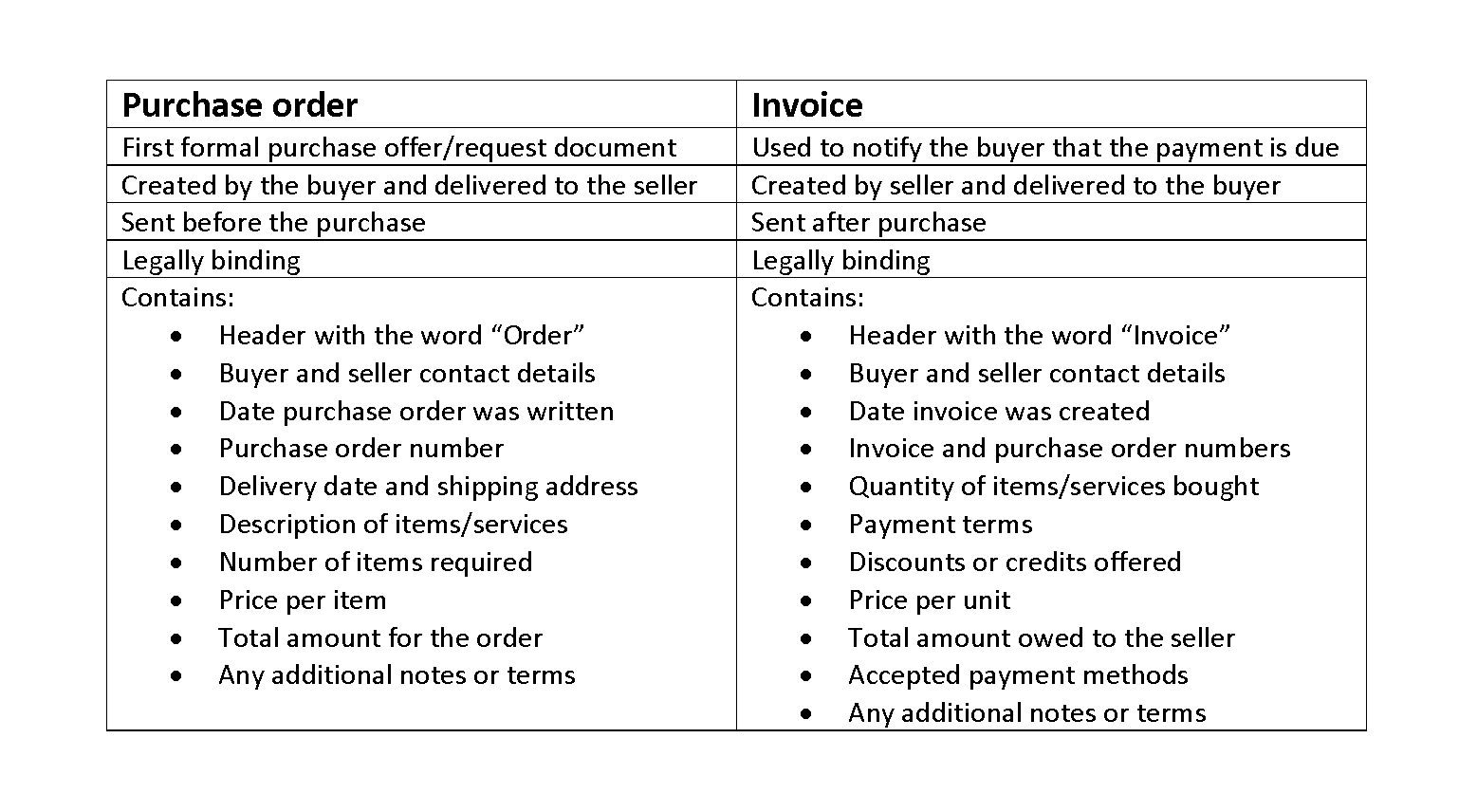
Each concept plays a unique role in maintaining accurate financial records. It is essential for companies to minimize cash over short incidents by implementing robust internal controls and addressing the root causes of these discrepancies. By prioritizing the prevention of https://dev-kyle-portfolio.pantheonsite.io/2020/10/26/best-accounting-software-for-small-business-2/ cash over short occurrences, businesses can maintain accurate financial records, preserve their investor base, and safeguard their corporate reputation.
- The cash-over-short account is classified as a detective control within accounting, allowing companies to investigate and address issues like fraud or errors contributing to the discrepancy.
- These entries ensure the Cash account accurately reflects physical cash, while the Cash Over and Short account tracks operational variances.
- Conversely, when a cash overage is identified, the Cash account is debited, and the Cash Over and Short account is credited.
- In accounting jargon, this represents a variation between the sales price of merchandise or services as documented against the amount collected from customers or clients.
- When there is a cash shortage, it is treated as an expense; thus we recorded on debit.
What is Overbanking in accounting?
This might happen due to reasons like a cashier giving a customer too little change, an unrecorded cash receipt, or a simple mathematical error during cash counting. The cash over and short account is an expense account, and so is usually aggregated into the “other expenses” line item in the income statement. A larger balance in the account is more likely to trigger an investigation, while it may not be cost-effective to investigate a small cash short and over is classified as a balance.

What type of account is accounts receivable?

The incorrect data might lead to inaccurate assessments of profitability or solvency, which could ultimately result in unfavorable market reactions. Understand the Cash Over and Short account’s role in reconciling minor cash variances and ensuring accurate financial records. Alternatively, if there had been too much cash in the petty cash box (a rare condition indeed!), the entry would be reversed, with a debit to cash and a credit to the cash over and short account. The cash over and short account is an excellent tool for tracking down fraud situations, especially when tracked at the sub-account level for specific cash registers, petty cash boxes, and so forth. An examination of the account at this level of detail may show an ongoing pattern of low-level cash theft, which management can act upon. For example, fraud situations may be traced back to the people directly responsible for a cash register or petty cash box.
What is a company’s cash over and short?
Understand the proper accounting treatment for everyday cash discrepancies. Get clear insights into how ‘cash over and short’ impacts your financial records. The importance of detecting and addressing cash-over-short discrepancies becomes even more significant when considering the potential implications for banking institutions.
- Common reasons for cash-over-short discrepancies include human error, employee negligence, or internal tampering.
- The journal entry for this sale would debit cash for $96, credit sales for $95, and credit cash more than short for $1.
- Assume that the company has a petty cash fund of $100 and its general ledger account Petty Cash reports an imprest balance of $100.
- Cashiers or tellers might miscount cash received, record incorrect sales prices, or make other errors that create a disparity between reported sales and actual collections.
- The balance is usually closed out at the end of each accounting period, transferring its net effect to the company’s income or expense.
- The net balance of the Cash Short and Over account is reported on the income statement.
Classifying the Account

Yes, it is an income statement account used to record cash variances that may impact a company’s profits in its income statement. The cash-over-short account is classified as a detective control within accounting, allowing companies to investigate and address issues like fraud or errors contributing to the discrepancy. These seemingly small discrepancies can add up over time, making it essential for retailers to maintain accurate records and employ effective internal controls to minimize cash over short instances. By closely monitoring and analyzing their cash-over-short accounts, firms can identify any potential issues and take corrective measures, ensuring a more transparent financial reporting process.

- Cash over and short plays an essential role mainly in retail and banking industries where handling large amounts of cash is commonplace.
- Ongoing education is equally important as it helps to reinforce best practices and keep staff updated on any changes in procedures or technology.
- They can let you walk away with cash immediately when you make a deposit, but they almost always place a hold on deposits that can last for several business days.
- It arises from discrepancies caused by human error, employee negligence or internal tampering when handling cash transactions.
- The same “Cash Short and Over” temporary account is utilized for recording overages.
- The cash short/over account is an expense account in the income statement of the business.
Recording cash overages and shortages involves journal entries adjusting the cash account and the Cash Over and Short account. When a cash shortage occurs, the Cash Over and Short account is debited, and the Cash account is credited. For example, if cash is short by $5, the entry is a debit to Cash Over and Short for $5 and a credit to Cash for $5.

The amount a company is over or short will impact its net income (revenues less expenses). When Julia records the cash shortage, the entry will reduce the company’s net income by $9 as it is treated as an expense and it will also reduce the cash balance the petty cash fund. If Julia had a cash over situation instead, it would increase the company’s net income and add to the cash balance in the petty cash fund. Common reasons include small mistakes in giving change to customers, incorrect entries during sales transactions, or mathematical miscalculations when tallying cash. Tracking them helps maintain accuracy in financial records and can indicate areas for improved cash handling procedures.
- Such discrepancies are common in daily operations where cash changes hands frequently, like at a cashier’s drawer at the end of a shift.
- This might happen due to reasons like a cashier giving a customer too little change, an unrecorded cash receipt, or a simple mathematical error during cash counting.
- At the close of an accounting period, the balance in the “Cash Over and Short” account is closed to the Income Summary or Retained Earnings.
- From the small arrow ▼ icon in the From Account column, select your shortage or overage account.
- The term arises when a cashier or teller mistakenly hands out more or less change than what’s due, leading to either cash being underreported (short) or overreported (over).
At the close of an accounting period, the balance in the “Cash Over and Short” account is closed to the Income Summary or Retained Earnings. This process is similar to how other temporary income statement accounts are handled. An expense in accounting is the money spent, or costs incurred, by a business in their effort to generate revenues. Cost is the monetary measure (cash) that has been given up in order to buy an asset. An expense is a cost that has expired or been taken up by activities that help generate revenue. Explore how businesses account for everyday cash differences and their ultimate financial statement https://www.bookstime.com/articles/financial-risk treatment.
